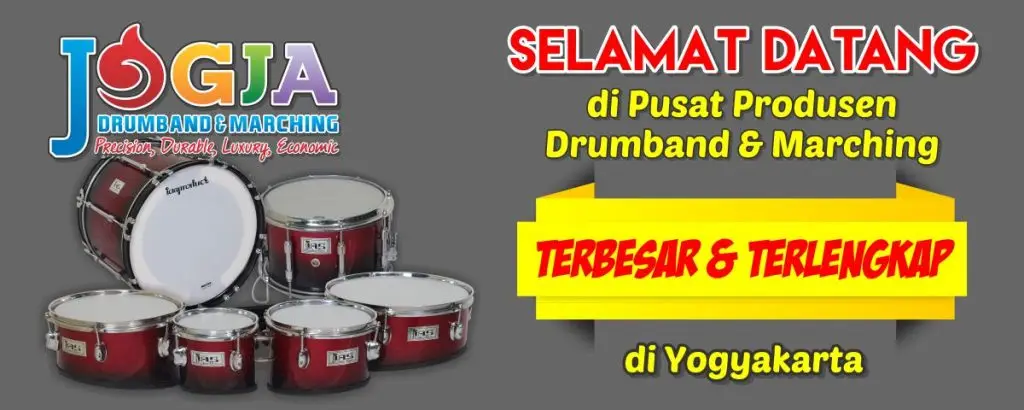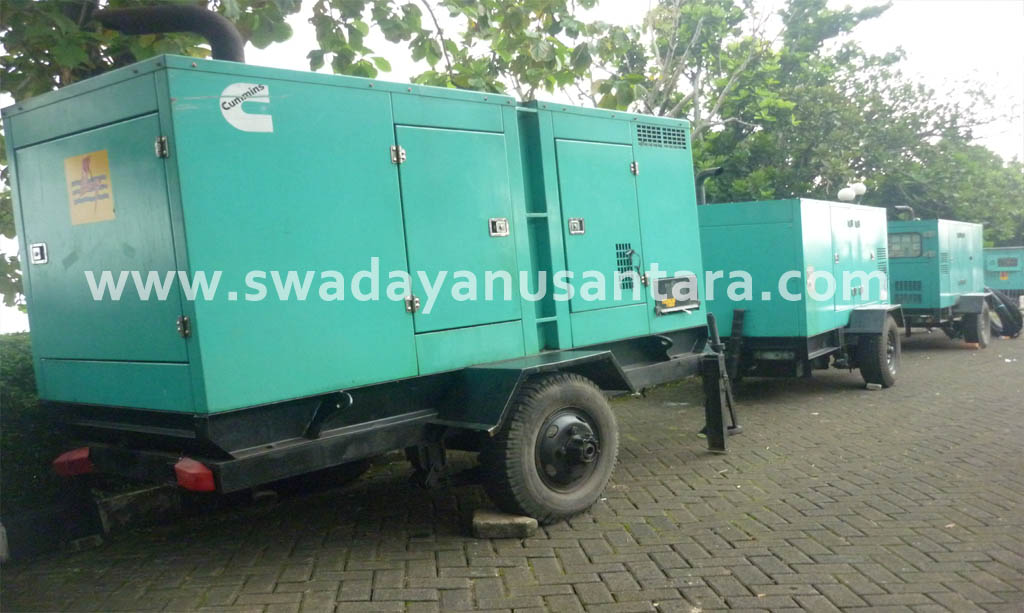
Table of Contents
In the age of digital transformation, businesses are expected to operate with greater agility, precision, and data-driven decision-making. At the heart of this transformation lies the ERP (Enterprise Resource Planning) system—a centralized platform that integrates all major business functions.
The core strength of an ERP system comes from its modules. Each module focuses on a specific operational area—finance, inventory, procurement, manufacturing, human resources, customer relationship management, and more. When these ERP modules work together, they create a seamless flow of information, breaking down silos and empowering organizations to perform at their best.

What Are ERP Modules?
ERP modules are functional components within an ERP platform, each designed to manage a specific aspect of the business. Rather than using isolated software for different functions, ERP modules connect all operations to a single source of truth, ensuring:
- Real-time data updates across departments
- Improved collaboration
- Faster decision-making
- Lower operational costs
For example, a sales order recorded in the CRM module can automatically update inventory, trigger a procurement process, and generate a financial record—all without manual intervention.
Key ERP Modules and Their Functions
1. Finance & Accounting Module
The Finance Module forms the backbone of most ERP systems. It manages:
- Accounts payable (AP) and accounts receivable (AR)
- General ledger and balance sheets
- Budgeting and forecasting
- Tax management and compliance
- Automated financial reporting
In Cinnex ERP, the Finance Module connects directly to other modules, ensuring that every purchase, sale, or inventory update is reflected in the financial records instantly.
2. Inventory Management Module
Managing stock efficiently is crucial for both cost control and customer satisfaction. This module handles:
- Real-time inventory tracking
- Automated reorder points
- Stock movement tracking between warehouses
- Inventory valuation and reporting
With Cinnex ERP’s Inventory Module, businesses can avoid overstocking, minimize stockouts, and optimize inventory turnover rates.
3. Procurement (Purchasing) Module
The Procurement Module streamlines sourcing and supplier management by automating:
- Purchase requisition and order approvals
- Supplier performance monitoring
- Contract management
- Integration with inventory for automatic purchase triggers
Cinnex ERP’s Procurement Module ensures that purchase orders are generated automatically when stock levels drop below set thresholds, eliminating manual delays.
4. Sales & CRM Module
Customer satisfaction starts with efficient order management. The CRM Module manages:
- Lead tracking and nurturing
- Sales order processing
- Customer data management
- Integration with marketing campaigns
By linking CRM with inventory and finance in Cinnex ERP, sales teams always know product availability and can provide accurate delivery timelines.
5. Human Resources (HR) ModuleThe HR Module centralizes employee-related processes:
- Payroll management
- Attendance and leave tracking
- Recruitment and onboarding
- Performance evaluation
Automation in Cinnex ERP’s HR Module reduces administrative workloads and ensures compliance with labor regulations
6. Manufacturing Module
For production-based businesses, this module is essential:
- Production planning and scheduling
- Work order management
- Bill of materials (BOM) tracking
- Resource allocation
Cinnex ERP’s Manufacturing Module integrates with inventory to ensure raw materials are available when needed, reducing downtime.
7. Supply Chain Management (SCM) Module
The SCM Module ensures goods move efficiently from suppliers to customers:
- Logistics coordination
- Warehouse management
- Distribution planning
- Real-time shipment tracking
With Cinnex ERP, SCM integrates procurement, inventory, and sales, creating a fully transparent supply chain.
Benefits of Using Modular ERP Systems
- Scalability – Start with the essential modules and add more as your business grows.
- Customization – Choose modules that fit your specific industry and operational needs.
- Efficiency – Eliminate data duplication and manual entry errors.
- Cost Savings – Reduce administrative costs through automation.
- Better Decision-Making – Access consolidated, real-time data analytics.
Use Case: Cinnex ERP in Action
A mid-sized retail company adopted Cinnex ERP starting with three modules—Finance, Inventory, and CRM. Within 12 months, they experienced:
- 35% faster order processing due to CRM-Inventory integration.
- 20% reduction in holding costs through automated inventory replenishment.
- 40% improvement in financial closing speed thanks to real-time Finance updates.
As the business expanded, they added Procurement and SCM modules, creating a fully automated supply chain from supplier to customer.
Conclusion
ERP modules are the foundation of an effective ERP system, enabling businesses to integrate operations, improve efficiency, and make better decisions. By implementing Cinnex ERP’s modular approach, organizations can start small, expand strategically, and continuously optimize their workflows—paving the way for sustainable growth.
















